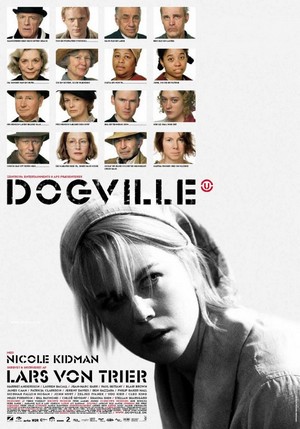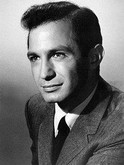
Dogville (2003)

Raiting: ![]() 8 /10
8 /10
Genre: Drama
Director: Lars von Trier
Stars: Nicole Kidman, Paul Bettany and Harriet Andersson
Country: Denmark / Sweden / United Kingdom / France / Germany / Netherlands / Norway / Finland / Italy
Release date: 19 May 2003
Length: 178 minutes / 138 minutes (alternative shortened version)









